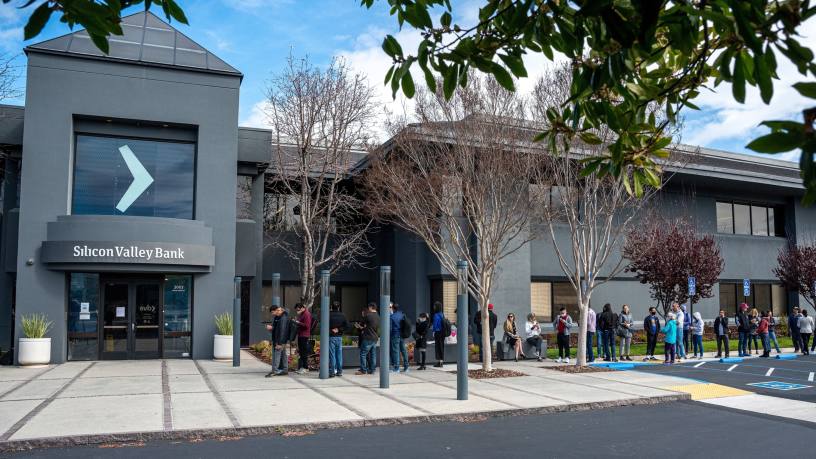
US banks should disclose more data on their deposits, urges non-profit
Increased data collection on US bank deposits would increase financial stability, non-profit Better Markets said this week in a letter to the Federal Deposit Insurance Corporation, even as such moves continue to face resistance from the wider banking industry.
Better Markets, which campaigns for “a more secure financial system for all Americans”, was responding to a request for comments opened in July by the FDIC on whether more detailed and frequent reporting on bank deposits to the regulator could enhance financial stability.
The FDIC’s move comes following the high-profile failures of Silicon Valley Bank and Signature Bank in 2023, in which bank funding concentrations and uninsured deposits were seen as critical factors. Banks in the US are not currently required to provide comprehensive data on the composition of insured and uninsured deposits.
“Currently, publicly available financial data for most banks contains only estimates of the insured and uninsured shares of total deposits,” said Shayna Olesiuk, director of banking policy at Better Markets, in a statement.
“This results in limited and incomplete information on financial risks, specifically those stemming from risky and volatile uninsured deposits.”
More detailed and frequent reporting on deposit types is expected to help financial stability and safety and soundness concerns, according to Max Bonici, counsel at law firm Venable.
“Cleaning up and standardising these records and reporting them to the FDIC and other federal banking agencies can help when banks fail or are under financial or non-financial stress,” he said.
Banks and other stakeholders will have until December 6 to share their comment with the regulator.
Separately, in July the FDIC also proposed more detailed disclosures for banks with regard to their use of brokered deposits — high-cost funds obtained through third-party intermediaries — which are seen as more rate-sensitive and less stable than retail deposits.
In the wake of the 2023 US banking crisis, the FDIC is aiming at ensuring banks correctly report the levels of brokered deposits in their financial statements. Banks can opt to raise third-party deposits if they run into liquidity issues, further amplifying their potential losses if they were to fail, according to the regulator.
“This is an opportunity for industry and the regulators to work on shared standards, especially as the deposit landscape in the US has changed through bank partnerships with fintechs and other technology companies,” Bonici told The Banker.
The proposed changes have already received a frosty reception from the industry, however; the American Bankers Association and other industry groups in August asked for the proposals to be withdrawn, claiming they would have “significant effects on bank funding” and “disrupt business arrangements made in reliance on the existing rules”.
For these specific brokered deposits rules the FDIC has extended this week the comment period from October 22 to November 21.


